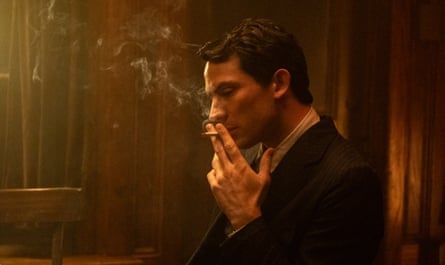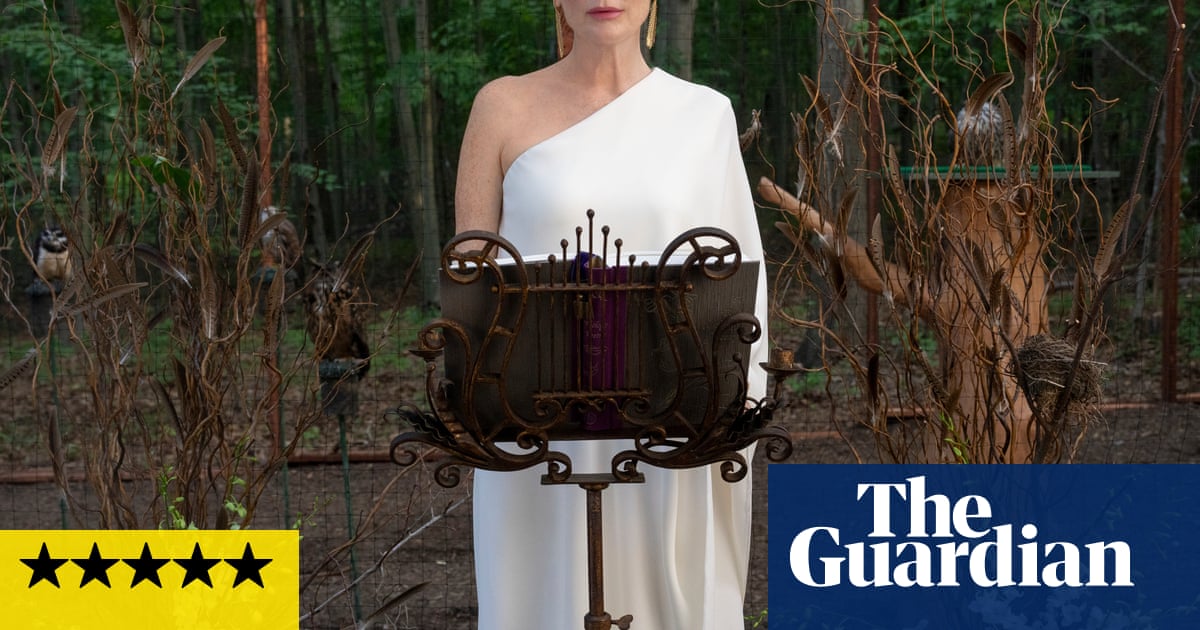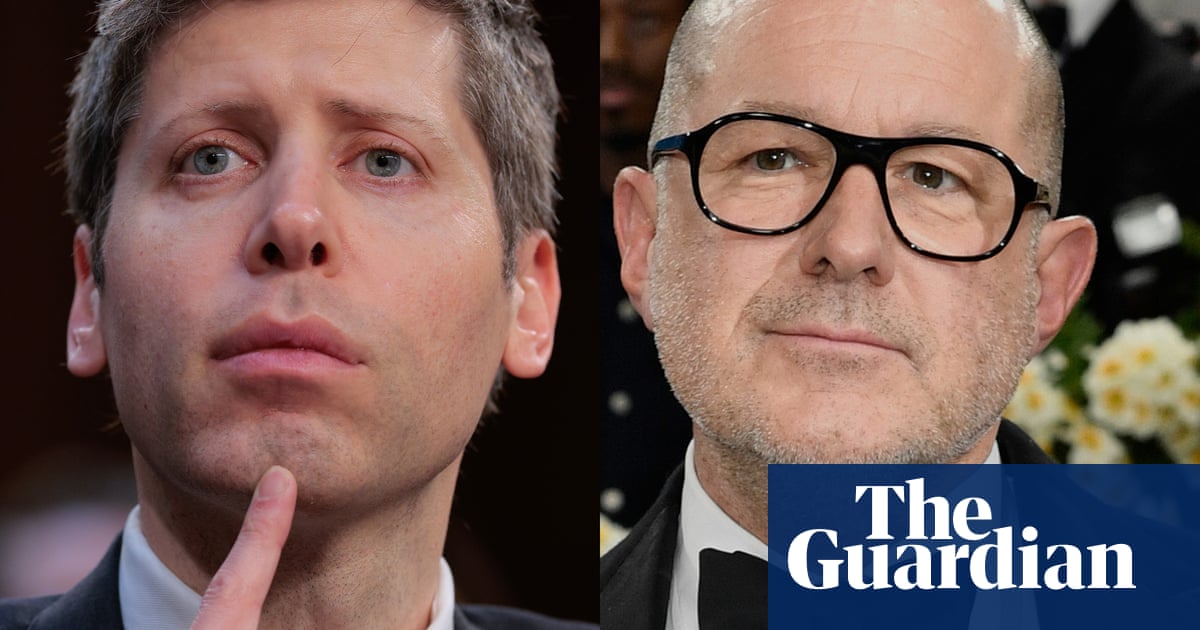Oliver Hermanus’s The History of Sound has admirers in Cannes; but I couldn’t help finding it an anaemic, laborious, achingly tasteful film, originally a short story by Ben Shattuck which has become a quasi-Brokeback Mountain film whose tone is one of persistent mournful awe at its own sadness.
Hermanus has made great movies in the past including Beauty and Living but this is a film that is almost petrified by its own upmarket values, paralysed under the varnish of classiness.
It’s about two young men in early 20th-century America, a singer and an academic musicologist, who meet at Boston music conservatory just before the US entry into the first world war, and then in the summer of 1920 they hike around the hills and backwoods of rural Maine, meeting local people and recording their authentic folk songs on wax cylinders, sleeping under the stars and falling in love. And when fate parts them in the years after, their love story becomes something more poignant.
They are farm-boy Lionel from Kentucky, played by Paul Mescal – a sonorous, stately voiceover at the very beginning reveals him to have perfect pitch and synaesthesia, the ability to comprehend music in taste and colour as well as sound – but these abilities are not actually revealed in the film.
The other man is David, played by Josh O’Connor, a man from a more privileged background, without Lionel’s instinctive music talent and destined for a college instructor’s job.

Mescal and O’Connor are of course very talented actors and they never do anything other than an impeccable professional job but they have each shown more passion in, variously, Andrew Haigh’s All of Us Strangers and Francis Lee’s God’s Own Country.
This is a film about music as well as love, but the folk songs, for which Mescal and O’Connor gamely fabricate enthusiasm, sound like museum pieces kept under glass and the love story itself feels as if it is kept under glass. The accents and line-readings feel like painstaking expert reconstructions rather than the real thing and the love scenes are at half-throttle – as if they are there to be remembered sadly rather than experienced ecstatically in the here and now.
There are, I concede, well-judged moments of tenderness and loneliness in the long aftermath to the long goodbye – in Lionel’s lonely wanderings in Italy and England, and in the revelation involved in his meeting with the woman that David married after their idyllic Maine summer. And there is to be a kind of final meeting between the two, involving that wax cylinder technology, perhaps inspired by a famous ending by Graham Greene.
Everything here is out of the top drawer of production value: but it never really comes to passionate life.

 6 hours ago
4
6 hours ago
4

















































